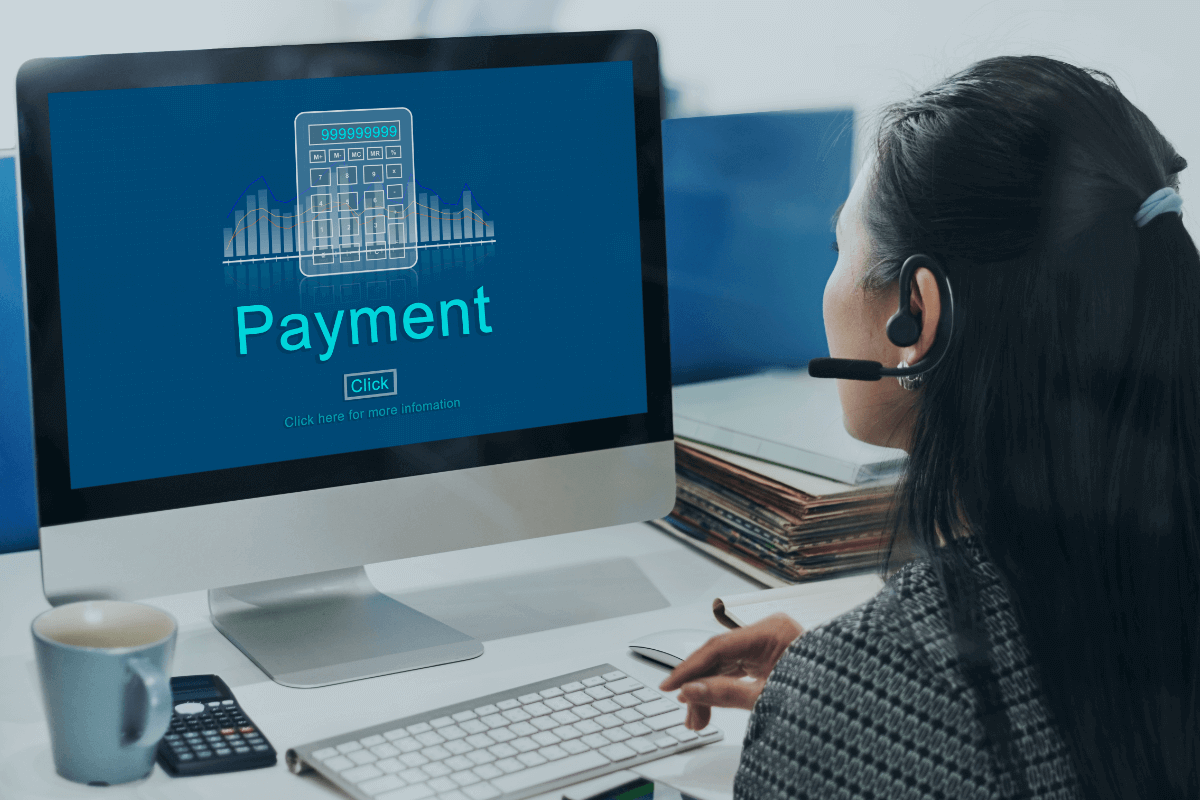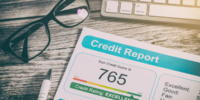If you have been contacted for the first time by a debt collector, or you’re concerned that a collector may contact you soon because you’ve fallen behind on your bills, you probably have a lot of questions and you’re likely anxious about this method. Before going further, let’s agree on one thing: Unpaid debts can be always stressful and confusing. Also, you may not even sure how your debt ended up with a debt collection agency. So, it is always crucial to look beyond the potentially intimidating letters and phone calls to understand what’s really happening — and find a solution that works for you. Change your life with the lord of ocean slot free.
Hence, to give you a better idea about how to make a payment to a debt collection agency, in this article I have mentioned the basic steps which can help smooth your interactions with debt collectors and make the process less stressful.
Verify The Debt That You Owe
Do not make any payment to a collection agency until you have verified that the debt actually belongs to you. Check your records to make sure the quoted balance is right, and contact your actual debtor to make sure you are dealing with the true collection agency. For suppose, if you suspect that you are being contacted by a scammer, you can file a complaint with the Jurisdictional Police Station. If you do not agree with the amount demanded by the collection agency, you may dispute it under the FDCPA, and an investigation will be undertaken to check whether the debt is yours or not.
Check the statute of limitations in your State
Every state has its own statute of limitations, which ensures that the debt is beyond the time by which it can be legally obtained. However, in certain situations, if you contact the collection agency or make a partial payment you can reactivate the debt. Confirm this time frame before taking any further steps to offset debt in collection.
Set up a payment plan
Once you know that the debt is correct and legitimate, it’s time to figure out the plan for payment. Here are three of the best ways to pay off your debt in collections:
- Offer a Lump Sum Amount
Your first choice to pay a collection agency would be to pay the entire amount that you owed. It’s not only an easy way to settle your debt, but also makes you eligible for new financial assistance from lenders. That gives a quicker boost to your credit score and does not require negotiation. The downside to making a lump sum payment in collections on your debt is you need the entire amount of cash. If you do not have the money to pay from the savings, consider taking out a debt consolidation loan.
- Start a Payment Plan
Many collection companies are able to set up a payment plan that would help pay off a loan within a defined time period. However, getting all the information in a written agreement is crucial before making any payment. Once the payment plan comes to an end, the account is marked as closed on your credit report.
- Make a Payment
If you are paying to collection agencies, there are a few thumb rules to follow when making payments for debt collection agency. Firstly, don’t allow debt collection agencies to automatically debit from your bank account. Any form of electronic payment will make your bank account available to a collector. You may be asked by the collector to pay electronically or through ECS but you must refuse.
Once they have access to your account, they might be able to take more money than they are entitled to. Instead, make Approved Fund transfers. Your funds are assured when you pay in that way. That means there will be no chance of rejected payments or bounced checks.
- Keep Records
Once you have made a payment, it is always recommended to keep records of any correspondence throughout the entire collections process. If an agreement is made over the phone or any other adjustments done to an agreement, you can request a copy of the information in written communication.
Let’s See How Debt Ends Up In Collection!
In general, a debt goes to collection when it has been unpaid for an extended time period. Once a bill reaches a certain amount of delinquency, it may be sold to a collection agency by the original creditor or simply decided to hire to collect the balance on its behalf. The time frame for an outstanding bill going through collections typically ranges from 90 to 180 days, which is normally based on the type of debt that’s owed.
What Will Happen If You Don’t Pay Off Your Debt In Collection?
Any late payment to a creditor over 30 days could appear as a negative entry on your credit part, with subsequent entries tackled every further 30 days of non-payment. Each of these entries can damage your credit score. If the debt is passed to collections the account will be flagged with the status of the collection. Accounts in the collection remain on your credit report for as long as seven years from the date of initial delinquency.
Debt Collection is a legitimate activity. If you are approached by a debt collector it is not usually the beginning of an abusive relationship. Many collectors are good people who are only trying to do their jobs and are going to work with you to develop a plan to help you repay your debt, whether that means a full payment, a series of monthly payments, or even a reduced settlement.




